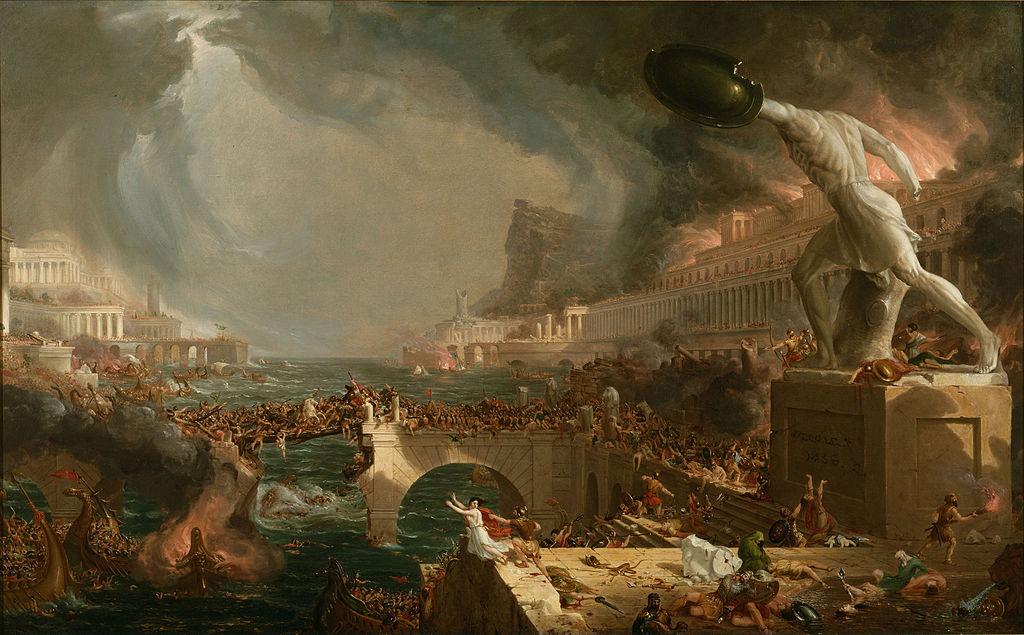Symptoms of schizophrenia include hallucinations, disorganized speech, and erratic behavior—exactly what William Chester Minor experienced prior to his arrest. The retired U.S. Army surgeon had moved to England after serving in the American Civil War. He sought relief from his condition, but it only worsened, leading to the murder of an innocent man.
Just when his caretakers thought his case hopeless, Minor began a correspondence with an Oxford academic whose love for literature saved his life. How did a retired officer and an academic first shake hands? And what became of their unusual partnership?






